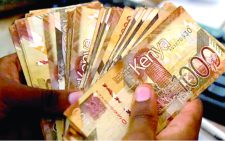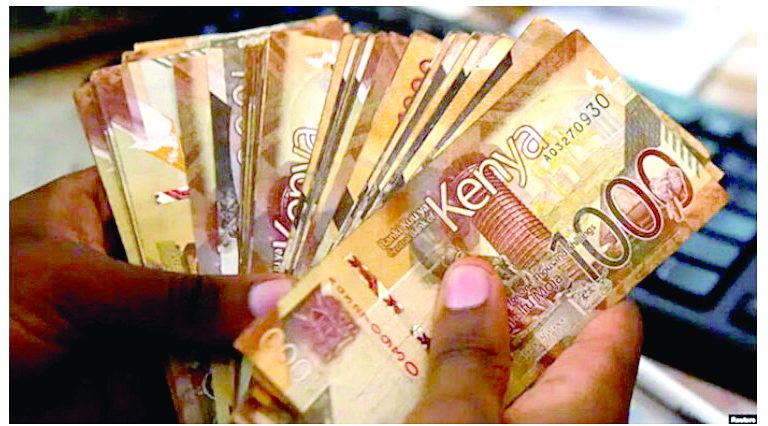NSE top five shed Sh101b in quarter

Kenya’s top five firms listed on the Nairobi Securities Exchange (NSE) lost Sh101 billion cumulatively in paper wealth within three months ending September 2023, as foreign investors exit the bourse in favour of safer havens, amid shilling devaluation.
In that quarter, the five leading stocks by market capitalisation – Safaricom Plc, Equity Group Holdings Plc, East African Breweries Ltd, KCB Group Plc, and the Cooperative Bank – contributed an average market turnover of 65.41 per cent or Sh1.019 trillion cumulatively, latest Capital Markets Authority (CMA) data shows.
This represents a 9 per cent (Sh101 billion) shed off from 67.8 per cent turnover or Sh1.12 trillion that the five contributed in the previous second quarter, lapsing June 2023.
It means the five stocks lost value at a higher pace than the entire bourse during the quarter, making them the hardest-hit stock by investors’ flight compared to smaller ones that have relatively tried to weather the shocks.
Market capitalisation — the value of all stocks on the Nairobi bourse— slid by Sh94 billion to a fresh low of an average of Sh1.558 trillion by the end of September compared to Sh1.652 trillion in the previous second quarter.
“This reduction in market concentration over the recent past by these five companies indicates a trend where investors are increasingly diversifying their investments beyond the traditional blue-chip corporates,” CMA stated in its latest quarterly report.
The share price of Safaricom, the bourse’s biggest scrip, for instance, has declined by about 49 per cent since the year began to sell at about Sh12.3 per unit currently. Other top performers, mainly commercial banks, have all recorded share price devaluation.
This is the third quarter in a row that the Nairobi bourse is dwindling in value, a trend exacerbated by the weakening of the shilling against major currencies, which has reduced appetite for capital markets over potentially lower returns.
There are no signs of the Kenyan shilling stabilising any time soon, especially after the Central Bank of Kenya (CBK) admitted last month the local currency has for long been overvalued by 25 per cent against the dollar.
Resultant higher returns on bonds in advanced markets, where interest rates are being hiked to quell inflation, have attracted foreign investors from frontier markets like Kenya in the recent past as they view such securities as safer amid global uncertainty.
In the quarter under review, the market recorded a net equity foreign portfolio outflow of Sh3.54 billion compared to an outflow of Sh1.48 billion between April and June.












